|
Liberia’s constitution contains what’s known as a “Negro clause” which limits citizenship in the country to black people. Similar clauses were included in the laws of a number of other African countries, including Chad, Malawi and Mali, but all have been removed. The fact that Liberia has kept the clause is deeply rooted in its history. President George Weah is finally trying to change the law. But, warns Robtel Neajai Pailey, he’ll face an uphill battle.
Until three years ago divers in Cape Town’s False Bay reported that they were able to see a multitude of broadnose sevengill sharks during their excursions underwater. But things have changed significantly since 2015 with the numbers dropping off sharply. Alison Kock and Tamlyn Engelbrecht explain what’s led to this, in particular, the role played by killer whales.
|
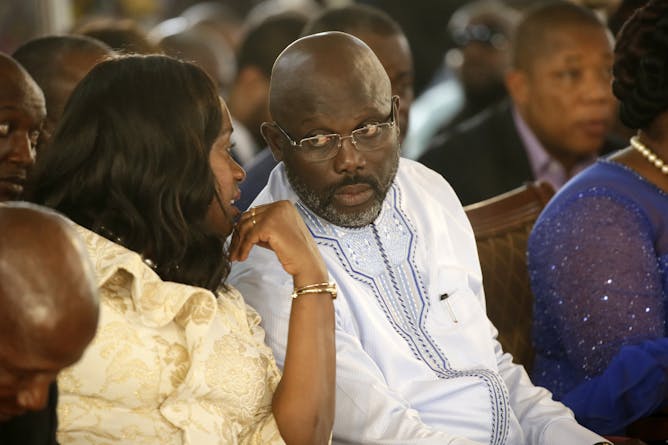
Liberia’s President George Weah has ruffled feathers by proposing changes to citizenship laws.
EPA-EFE/AHMED JALLANZO
Robtel Neajai Pailey, University of Oxford
Liberian President George Weah believes the current citizenship regulations in the country are unnecessarily "racist" and restrictive.
|
Environment + Energy
|
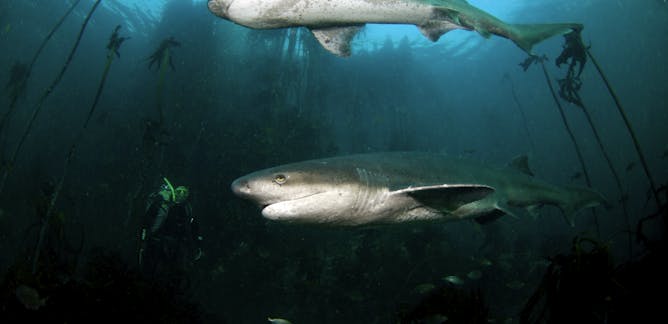
Alison Kock, South African Institute for Aquatic Biodiversity; Tamlyn Engelbrecht, University of Cape Town
The False Bay ocean food chain in Cape Town began to change significantly in 2015 with the appearance of shark-eating killer whales.
| |
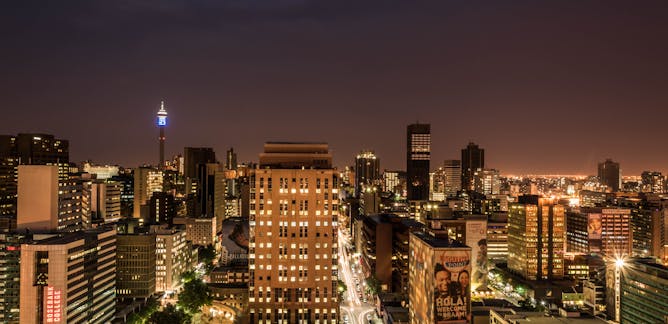
Hartmut Winkler, University of Johannesburg
South African President Cyril Ramaphosa's pronouncements on the power utility Eskom, during the State of the Nation Address may lead to significant changes in country's energy policy.
|
|
|
Health + Medicine
|

Michael P. Lisanti, University of Salford
Cancer treatment could be revolutionised by the discovery of the origin cells which divide first.
| |
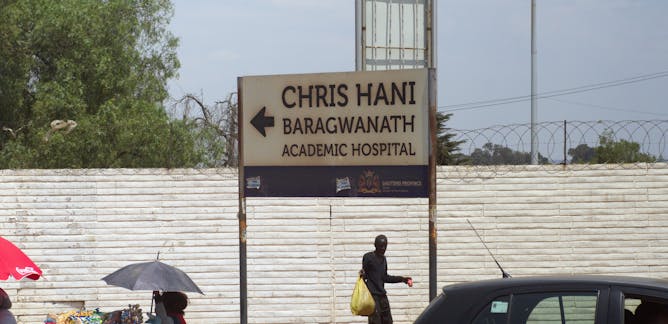
Wezile Chitha, University of the Witwatersrand
South Africa's Competition Commission has delayed the release of the final report of an inquiry into the private healthcare again.
|
|
|
From our international editions
|
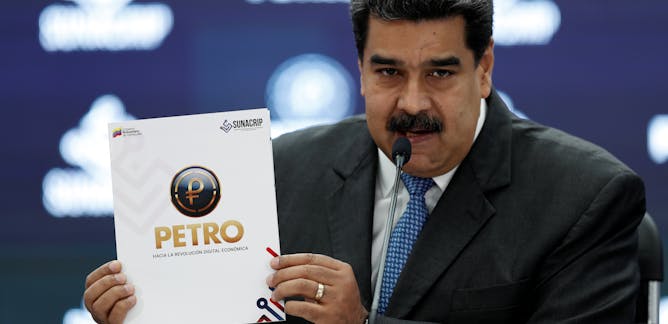
Nisha Bellinger, Boise State University; Byunghwan Son, George Mason University
When an elected leader turns autocratic, the economy tends to suffer. That's because, in a functioning democracy, economic policy is made jointly, with lawmakers playing a key role.
| |

Priya C. Kumar, University of Maryland
Parents have engaged in forms of 'sharenting' for generations. The digital age has complicated things, but while critics make some valid points, they're missing the forest from the trees.
|
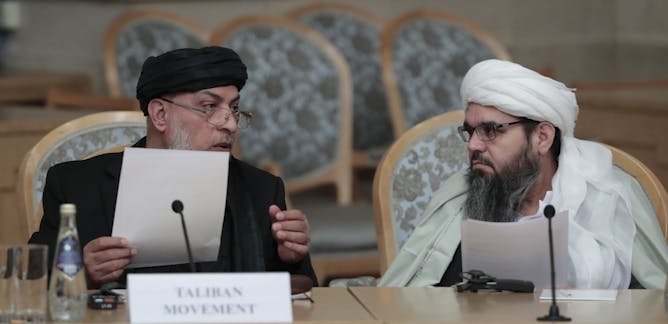
Michael Semple, Queen's University Belfast
A Taliban perspective on recent peace talks for Afghanistan.
| |

Mohammad Taha Khan, University of Illinois at Chicago; Narseo Vallina-Rodriguez, University of California, Berkeley
Virtual private network companies make lots of promising claims about their services. Most people don't have the skills to double-check their providers. So this group of researchers did the testing.
|
|
|
En Francais
|
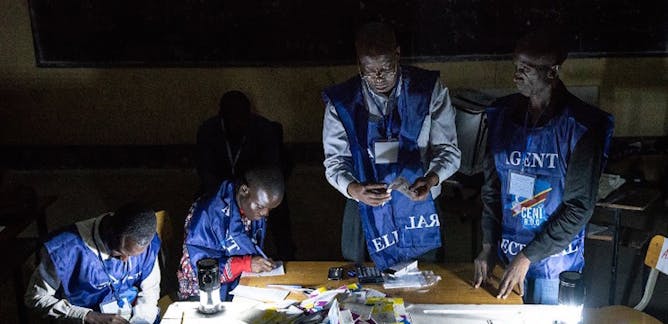
Thierry Vircoulon, Sciences Po – USPC
Après la très probable gueule de bois électorale en RDC, on peut dessiner l'après-scrutin grâce aux déclarations du président sortant et de l'examen de la Constitution congolaise.
| |
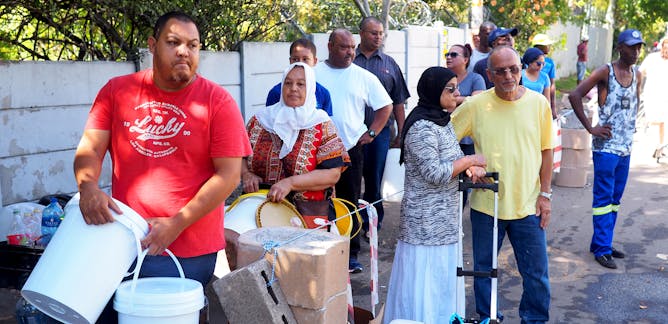
Mark New, University of Cape Town; Friederike Otto, University of Oxford; Piotr Wolski, University of Cape Town
Les systèmes d’approvisionnement en eau n’ont pas été conçus pour répondre aux évolutions météorologiques provoquées par le changement climatique. Il est désormais nécessaire de les adapter.
|
|
|